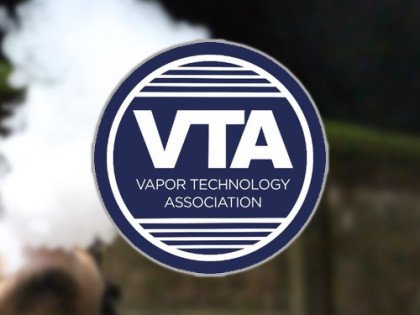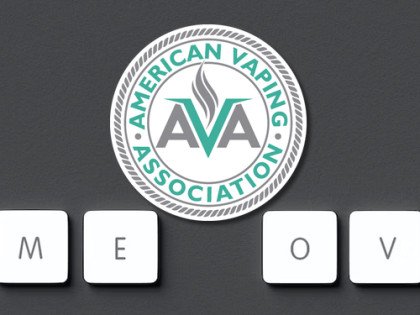“The Surgeon General of the United States (SG) recently launched an initiative to reduce health misinformation. In an advisory, he wrote: ‘Health misinformation is a serious threat to public health. It can cause confusion, sow mistrust, harm people’s health, and undermine public health efforts. Limiting the spread of health misinformation is a moral and civic imperative’,” they write.
“We agree and applaud the SG for addressing this important issue, which has garnered media attention primarily due to COVID. Questions related to risks of e-cigarettes constitute another area where there is widespread misinformation. We focus upon two specific examples that continue to be propagated by the US public health officials, despite evolving scientific data contradicting these assertions. As the recent SG advisory on misinformation observed, ‘updating assessments and recommendations based on new evidence is an essential part of the scientific process’.”
Stretching from 2019 to 2020, a lung disease occurred that the Centres for Disease Control (CDC) attributed to vaping. What was striking was that, if this was related to vaping, the disease was centred around people in the United States – no incidents were being reported elsewhere in the world where the use of electronic cigarettes was prevalent.
The CDC invented a term for the disease: E-cigarette or Vaping Use-Associated Lung Injury (EVALI).
The term was embraced by most American health bodies and can still be found on their websites. Yale Medicine still says: “EVALI is a serious medical condition in which a person's lungs become damaged from substances contained in e-cigarettes and vaping products. Vaping involves using a device known as an e-cigarette—also called a vape pen, mod, or tank—to heat up a small amount of liquid, turning it into a vapor that can be inhaled.”
The editorial states: “While the CDC’s name includes ‘e-cigarette’, all evidence points towards Vitamin E acetate-contaminated illegal tetrahydrocannabinol (THC) vapes as the cause, and no research has identified any chemicals found in nicotine e-cigarettes as the cause. Vitamin E acetate is not soluble in nicotine e-liquids and has never been detected in nicotine e-liquids.”
Despite everyone now being aware of the cause of the disease, the CDC persists in including e-cigarettes in the name.
“This naming has affected news coverage and contributed to distorted consumer beliefs about the risks of nicotine vaping. Smokers are twice as likely to incorrectly identify nicotine e-cigarettes as the cause of EVALI than to correctly identify illicit, adulterated THC products.
“EVALI contributed to an immediate increase in the perceived risks of e-cigarettes relative to more dangerous combustible cigarettes, and these increased misperceived risks have not fully abated.”
The group call on officials to act immediately: “We urge these public health officials to change the name EVALI to remove any reference to e-cigarettes, to issue an e-cigarette definition that separates nicotine-only forms of vaping from those containing THC and to update the evidence on the relationship between e-cigarette use and subsequent smoking by youth. These updates should explain to the public the reasons for these changes.”
Photo Credit:
Image by www_slon_pics from Pixabay
Dave Cross
Journalist at POTVDave is a freelance writer; with articles on music, motorbikes, football, pop-science, vaping and tobacco harm reduction in Sounds, Melody Maker, UBG, AWoL, Bike, When Saturday Comes, Vape News Magazine, and syndicated across the Johnston Press group. He was published in an anthology of “Greatest Football Writing”, but still believes this was a mistake. Dave contributes sketches to comedy shows and used to co-host a radio sketch show. He’s worked with numerous start-ups to develop content for their websites.
Join the discussion
World News
The US Supreme Court knocked back a flavour ban appeal, Singapore has seen a kickback to its “crackdown”, India is “doubling down” on its ban, and Northern Irish activists want to see fines doubled
VTA Releases New Poll Findings
The American public is being grossly misinformed about benefits of e-cigarette use to smokers and low risk of vaping, according to the Vapor Technology Association
AVA Shuts Up Shop
The news that the American Vaping Association (AVA) is shutting down its operations is a sign of the times in a turbulent United States
US Flavour Fail
A new study looking at the impact of flavour bans in the United States has shown that The FDA’s misplaced war on tobacco harm reduction is completely failing












